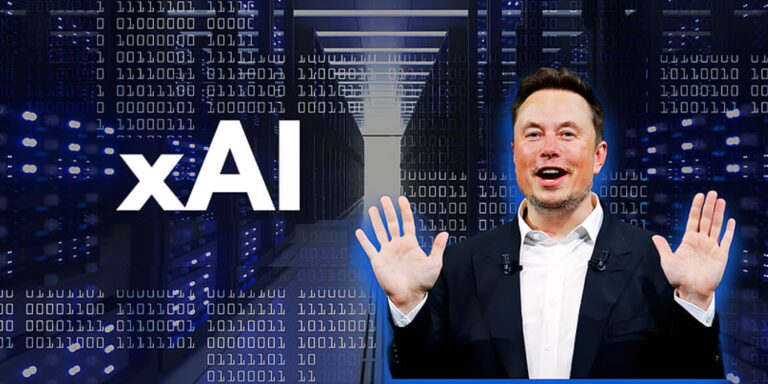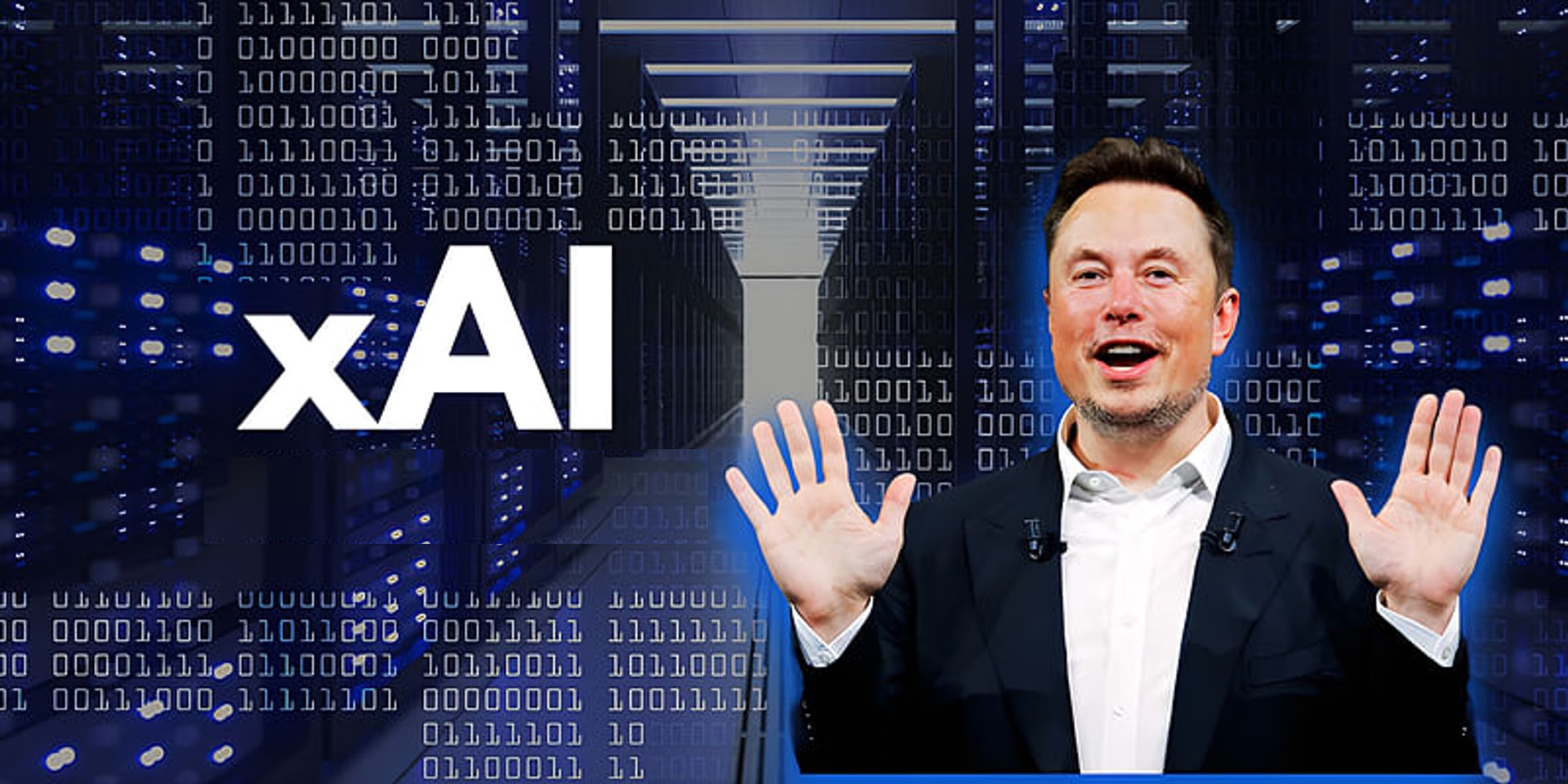
A U.S. federal judge has ordered that the antitrust lawsuit filed by Elon Musk’s X and xAI against Apple and OpenAI remain in Fort Worth, Texas — even though none of the companies involved have significant connections to the area.
In a sharply worded four-page order, U.S. District Judge Mark Pittman of the Northern District of Texas said he would allow the case to stay in Fort Worth, but not without irony. Pittman, a Trump appointee known for his plain-spoken rulings, mocked the parties’ choice of venue, encouraging them to “consider moving their headquarters” to the city if they truly wanted their disputes heard there.
“Given the present desire to have venue in Fort Worth, the numerous high-stakes lawsuits previously adjudicated in the Fort Worth Division, and the vitality of Fort Worth, the Court highly encourages the Parties to consider moving their headquarters to Fort Worth,” Pittman wrote.
Register for Tekedia Mini-MBA edition 18 (Sep 15 – Dec 6, 2025): registration continues.
Tekedia AI in Business Masterclass opens registrations.
Join Tekedia Capital Syndicate and co-invest in great global startups.
Register for Tekedia AI Lab: From Technical Design to Deployment.
In a footnote, he even directed the companies to the City of Fort Worth’s Business Services website “to get the process started.”
A Subtle Rebuke of Forum Shopping
Pittman’s order, though procedural, carried a pointed subtext: a rebuke of “forum shopping,” the controversial practice where plaintiffs strategically file lawsuits in specific courts perceived as more ideologically friendly.
For years, the Fort Worth Division of the Northern District of Texas has been a magnet for such filings, particularly from plaintiffs aligned with conservative or business interests. The division’s two active judges — Pittman and Reed O’Connor — were both appointed by Republican presidents and have presided over high-profile cases challenging Biden administration regulations, corporate penalties, and federal oversight.
Those trends have included filings by Musk’s own companies, such as X and Tesla, which have repeatedly sought to move litigation into the Fort Worth court.
While Pittman was appointed by Trump, he has previously expressed discomfort with the manipulation of venue rules. In Thursday’s order, he reiterated his stance that “venue is not a continental breakfast; you cannot pick and choose on a Plaintiffs’ whim where and how a lawsuit is filed.”
Little Connection to Fort Worth
Despite allowing the case to proceed in his division, Pittman acknowledged that the lawsuit has “at best minimal connections” to Fort Worth.
“Possibly one of the strongest points made by Plaintiffs is the mere fact that ‘Apple sell[s] iPhones [in this Division] (and many other products) and OpenAI offer[s] ChatGPT nationwide,’” Pittman wrote, adding that this logic could make “any district in the entire United States an appropriate venue.”
X Corp., which Musk relocated to Bastrop, Texas — about 200 miles south of Fort Worth — is the only party with even a remote Texas presence. Apple and OpenAI are both headquartered in California.
Pittman noted that the Fort Worth docket is “two to three times busier” than that of nearby Dallas, which has more judges and greater administrative capacity. Nonetheless, since neither Apple nor OpenAI filed a motion to transfer the case before the October 9 deadline, Pittman said he had “little, if any, choice” but to keep it.
“The fact that neither Defendant filed a motion to transfer venue serves as a consideration for the Court,” he wrote. “And the Court ‘respect[s]’ Plaintiffs’ choice of venue.”
Bound by 5th Circuit Precedent
The judge also cited constraints from the U.S. 5th Circuit Court of Appeals, which has repeatedly restricted his authority to move cases to other jurisdictions. Last year, the appellate court twice overruled Pittman’s attempts to transfer a lawsuit by major banking trade groups against the Consumer Financial Protection Bureau to Washington, D.C., after the bureau sought to defend a new rule capping credit card late fees at $8.
In that case, the 5th Circuit said Pittman had “clearly abused his discretion,” effectively warning him against unilaterally relocating cases in the future.
“The 5th Circuit has raised the standard for transferring venue to new heights,” Pittman noted in his latest order, adding that this precedent influenced his decision to retain the case.
Musk’s Broader Legal Battles
The lawsuit, filed in August, accuses Apple and OpenAI of running an “anticompetitive scheme” designed to maintain monopolies in artificial intelligence markets.
X and xAI allege that Apple gives preferential treatment to OpenAI’s ChatGPT in its App Store rankings while demoting rival AI products, including Musk’s chatbot, Grok. The complaint argues that Apple’s alleged favoritism, coupled with OpenAI’s market dominance, has distorted fair competition in the fast-growing AI sector.
Neither Apple nor OpenAI has publicly commented on the case. OpenAI told CNBC it would not comment beyond its court filings, while X and Apple did not respond to requests for comment.
The case adds to Musk’s expanding list of legal confrontations with federal regulators and rival corporations. Earlier this month, a judge in Washington, D.C., denied Musk’s request to move a separate lawsuit filed by the Securities and Exchange Commission — concerning his alleged improper disclosure of his stake in Twitter before acquiring it — from D.C. to Texas.
Musk, who rebranded Twitter as X after his 2022 acquisition, has increasingly centralized his corporate operations in Texas, where he has aligned himself with business-friendly political and judicial environments. Yet, as Judge Pittman’s wry tone suggested, even that strategy has limits.
“Fort Worth has much more going for it than just the unique artwork on the fourth floor of its historic federal courthouse,” Pittman quipped — a closing line that captured both the irony and the fatigue of a judge aware that his courtroom had once again become a magnet for high-stakes tech litigation.
Like this:
Like Loading…



